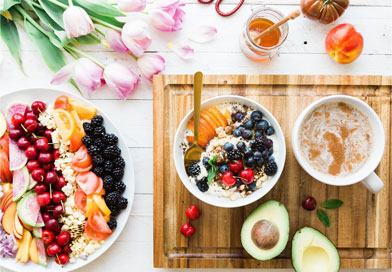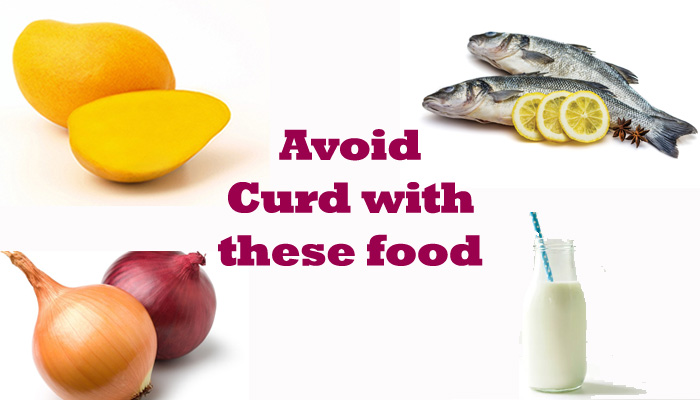Age-old food myths busted!
Food myths are one of the most pervasive myths as they keep passing on from generation to generation without anyone questioning what their parents told them. From fruits and vegetables to Vitamins and even honey, we all have been falsely believing facts that aren’t true. No one knows how most of these food myths came to be.
Let’s try and shake a few of your notions about these 6 foods and break some age-old food myths!
Food Myth #1: Spinach Makes You Strong
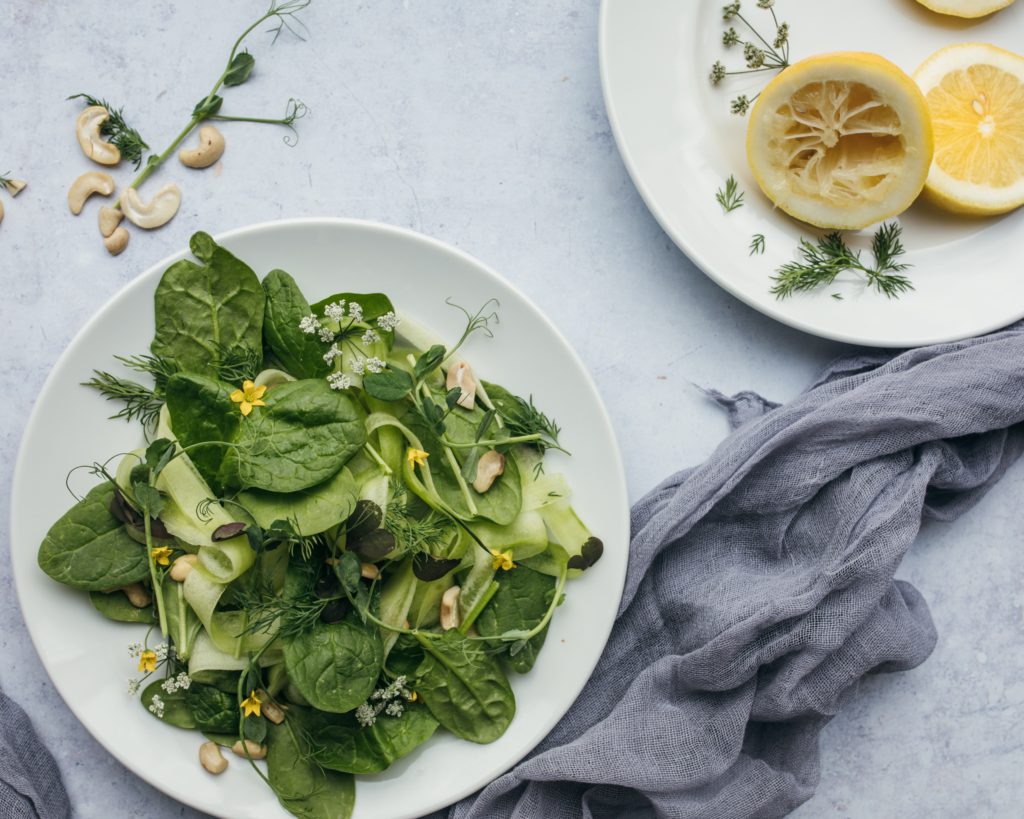
So Popeye the Sailor Man lied to us the entire time? Well, it seems he did! Apparently, this misconception dates back to 1870 when a German chemist, Erich von Wolf accidentally misplaced a decimal point and recorded that a 100 grams serving of spinach contain 35 milligrams of iron instead of 3.5 milligrams of iron. This means, spinach actually has no more iron than other leafy greens.
In for a shocking fact? The iron contained in spinach is actually non-heme iron, the iron-type which is harder to be absorbed by our body!
Food Myth #2: An Apple A Day Keeps The Doctor Away
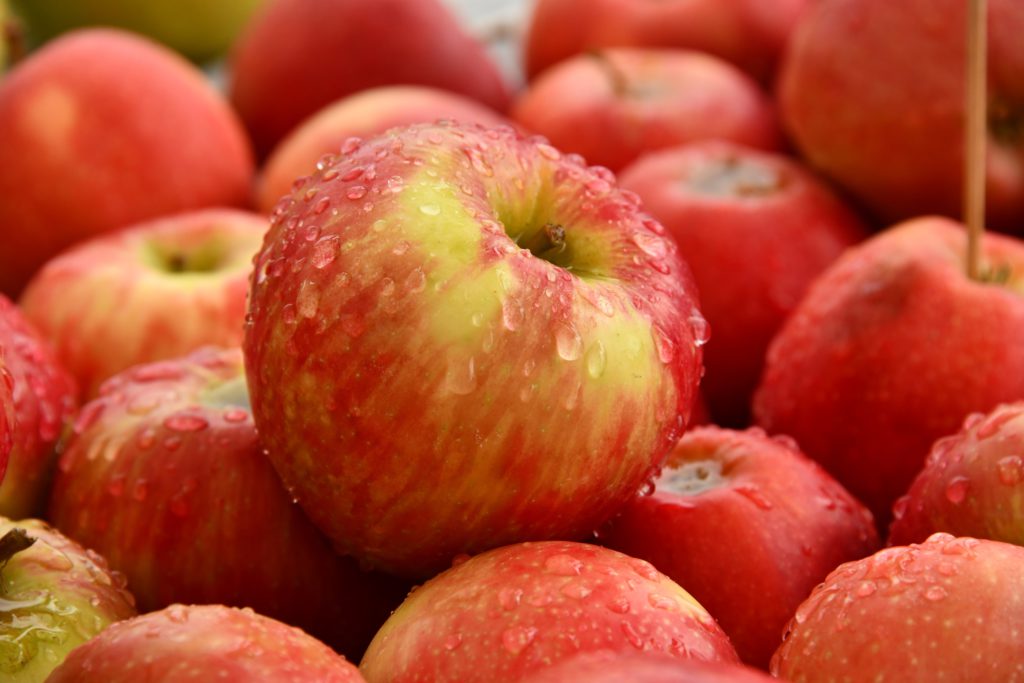
Despite its numerous health benefits, there’s no scientific proof that an apple necessarily saves you from the doctor. However, this mightn’t be a habit you’d like to change since it has been noticed that regular apple eaters appear to use fewer prescription medications!
Food Myth #3: All Carbs Are Unhealthy
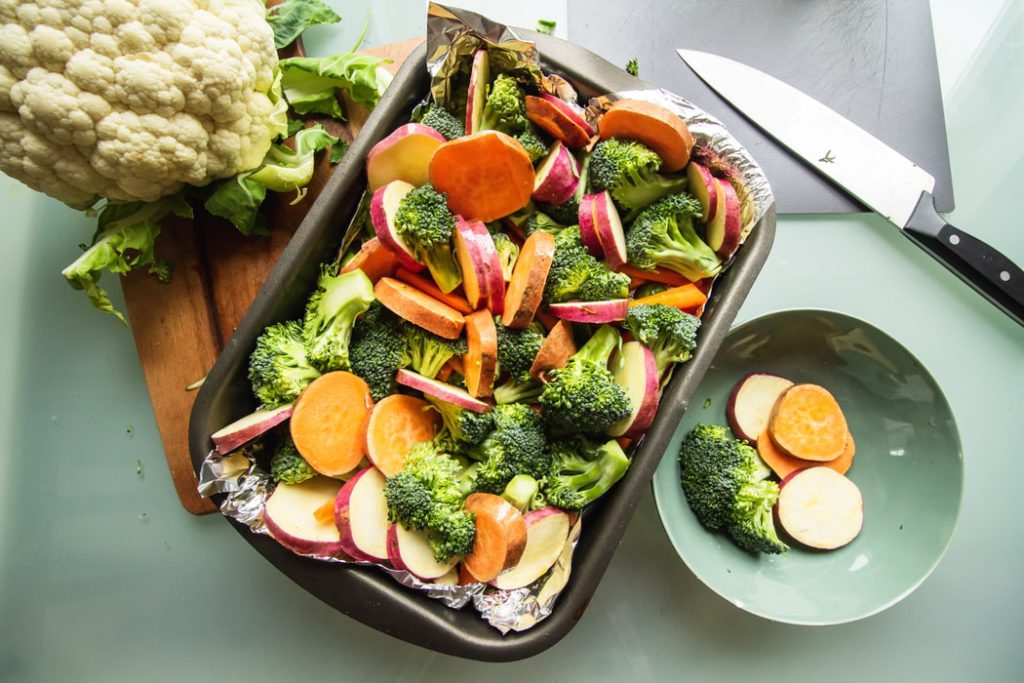
No, not ALL carbs are bad for you. In fact, unrefined carbohydrates, found in whole grains, beans, fruits and vegetables are rich sources of fibre and are thus, quite healthy! However, refined carbs like pizza, white bread, sweet desserts should be avoided since they are low in fibre and can induce overeating.
Food Myth #4: Vitamin C Prevents Cold
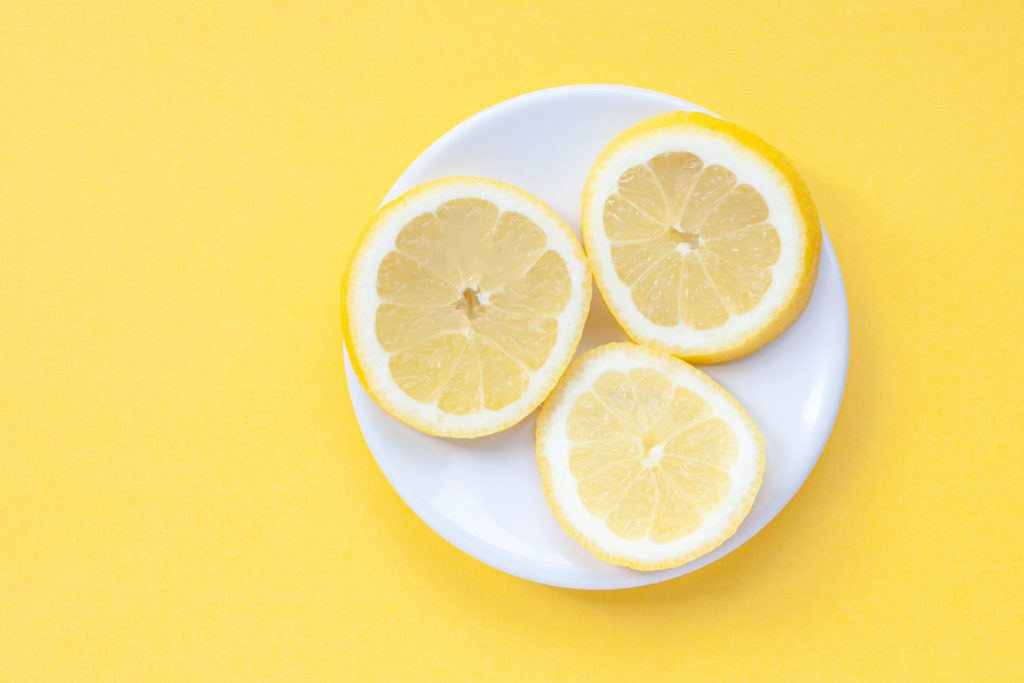
Yes, all the while we were TRICKED into eating sour lemons in the name of warding off colds. Vitamin C doesn’t cure or prevent cold.
However, all those efforts didn’t go fully in vain. Vitamin C has been scientifically proven to help with heart diseases, high blood pressure, iron deficiency and blood uric acid levels. In the long run, it may also boost your immune system and prevent risks of chronic diseases. That sure is impressive but if you want the benefits of vitamin C, you’ll need to consume it every day, and not just at the start of cold symptoms.
Food Myth #5: Honey has fewer calories than sugar
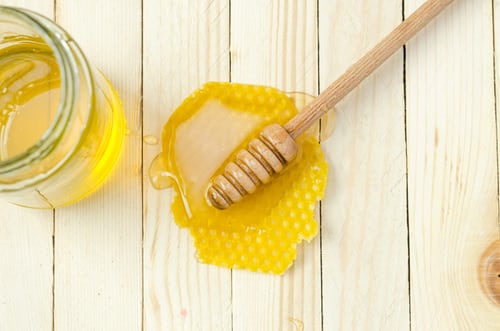
Sorry to interrupt your guilt-free sweetening but you aren’t doing yourself much good by swapping sugar with honey. The fact is that honey has more calories per tablespoon as compared to table sugar. On the other hand, honey is a natural unrefined sweetener so its glycemic content is less than refined sugar and hence it balances the scale in favour of honey. So in a nutshell, honey is more or less the same as sugar if consumed in the same quantities.
On a separate note, honey is definitely better than artificial sweeteners. Honey may also have other health benefits over table sugar but as far as calories are concerned honey has more calories than table sugar.
Food Myth #6: Desi ghee is harmful
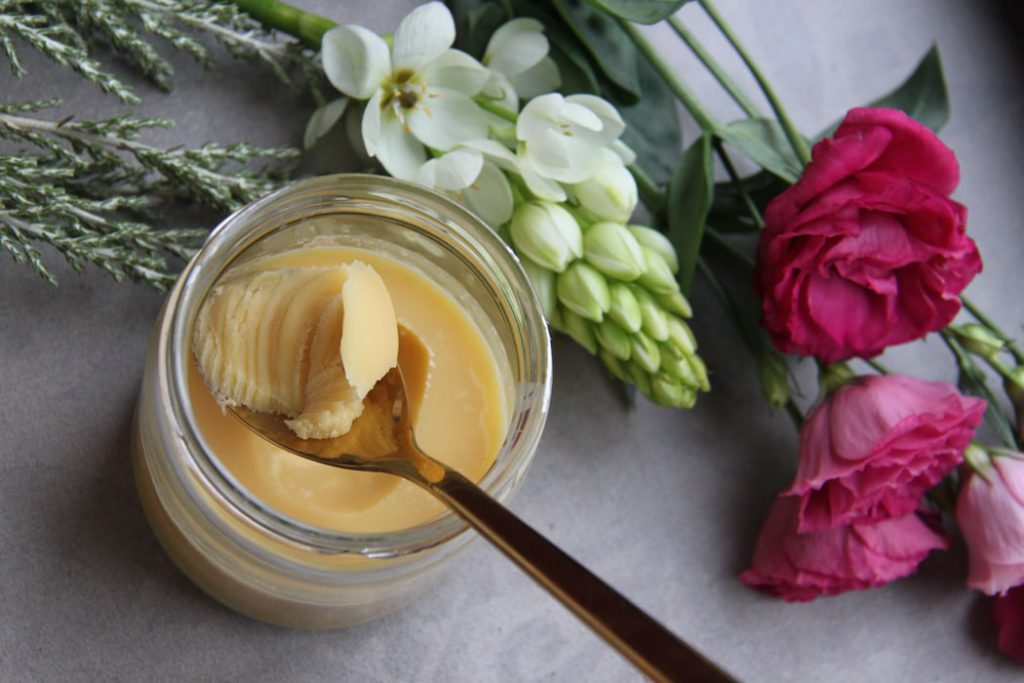
Yes, you saw that right. This is the mother of all the food myths. Desi Ghee is not harmful to your body. A lot of us avoid eating desi ghee with the fear of weight gain, however, the truth is that it actually aids in weight loss. Conjugated linolic acid in ghee helps in losing weight.
However, anything in excess is bad and therefore you should consume desi ghee also in a balanced manner. A spoonful of ghee on your roti or in your dal is good for you.
You may also like
Curd can be harmful to you under these conditions!

